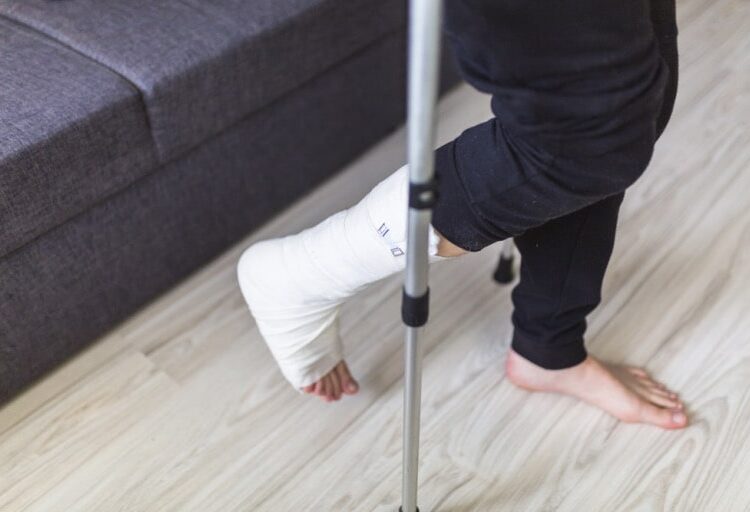Have you ever fallen at a commercial property like a supermarket or grocery store? It can certainly be rather embarrassing, but there are more pressing issues at hand. The damage extends beyond mere discomfort; you can suffer actual injuries like a broken hand or damaged property as a result of the impact.
Slip and fall accidents are one of the most common causes of injuries out in the open. Fortunately, American law provides a path to justice through a slip-and-fall personal injury lawsuit. Without further ado, here’s a look at slip-and-fall accidents from a legal standpoint.
Understanding Slip and Fall Accidents
According to the law, individuals and companies that own and operate businesses have a duty of care. They must ensure that their premises are safe for customers and individuals who have a right to enter their property.
If you or someone you know has been involved in such an unfortunate incident, consider contacting Rich Godshall of Ostroff Godshall Injury and Accident Lawyers. A seasoned lawyer can help you get the compensation that you deserve and navigate complex legal matters.
The law does not demand meticulous, near-perfect safety measures that may be impossible to achieve; instead, it requires the owners’ efforts to be reasonable. On the other hand, the law also requires that a victim’s efforts in getting their dues be sincere and honest.
Liability in Slip and Fall Accidents
Like any other personal injury case, slips and falls are governed by the four concepts of negligence mentioned below:
- Duty of care
- Breach of duty
- Causation
- Harm
As a victim, you must prove these four elements for your suit to succeed. At a glance, these seem tough to understand. Sitting down with your attorney to understand the concepts of negligence can make or break your case.
What is Duty of Care?
As we mentioned before, individuals and companies that own commercial properties like supermarkets, department stores, restaurants, and others are required by law to employ a reasonable standard of care. They must ensure their premises are safe for customers and any other persons with a right to enter the establishment.
What is a Breach of Duty of Care?
Once you have established that the property owner owed you a duty of care, you must prove that they breached this duty in any of the following ways:
- Failing to make adequate inspections of the premises
- Failure to repair the premises when they knew or should have known of an unsafe condition.
- Failure to warn of an unsafe condition, such as putting up a wet floor signage
- Failure to repair sidewalks in front of a store
- Failure to fix torn carpeting (that caused a fall)
- Failure to adequately mop and ruby the floor of a restaurant
- Failure to adequately plow a parking lot
What is Causation?
Once you prove that the defendant breached their duty of care towards you, the next step involves demonstrating that their actions or lack thereof led to your injuries. Remember, the mere action of a fall itself does not constitute a successful claim.
It would help if you tied the fall to a specific reason: the breach of duty discussed above. The goal here is to convince the court that your injuries would not have happened if not for the negligence of the property owner.
What is Harm?
Finally, it would help if you substantiated that you suffered actual injury due to the accident. For instance, you may have suffered a broken arm, for which you are entitled to compensation. Basically, if you’ve suffered injuries that can be backed by medical claims, it will be considered as harm.
Conclusion
If you fall at a commercial establishment and have your wits about you, your first action should be to take pictures of the hazard that led to the incident. If you decide to sue the owner, this will form a crucial part of the evidence. You should contact a personal injury attorney as soon as possible, as they can serve the establishment with a demand letter for video surveillance.
Your lawyer will handle the complex legal aspects of the suit while you focus on recovery. What’s more, most personal injury lawyers work on a contingency basis, which means they only get paid once they win the case. This provides a cushion for you while you deal with expenses related to the injury. Going through a personal injury case can be a challenging time. Consult a legal professional to ensure your rights are protected.




